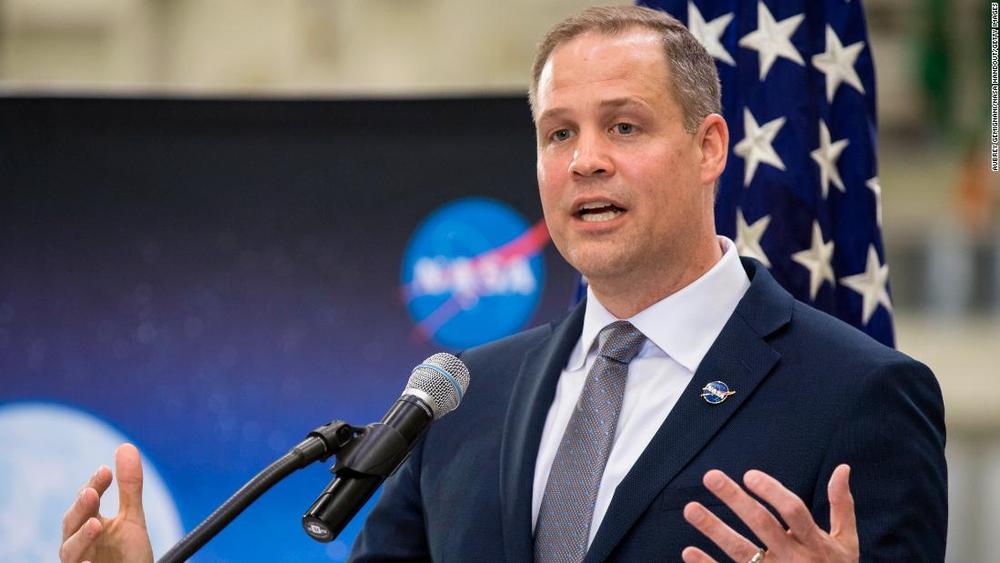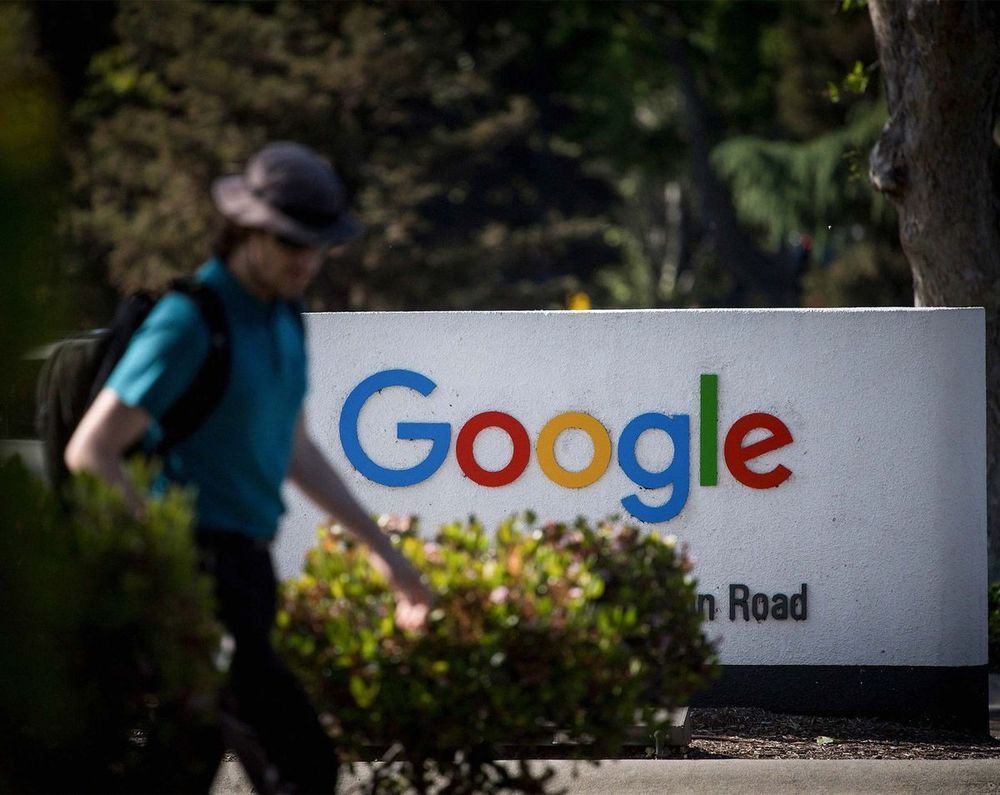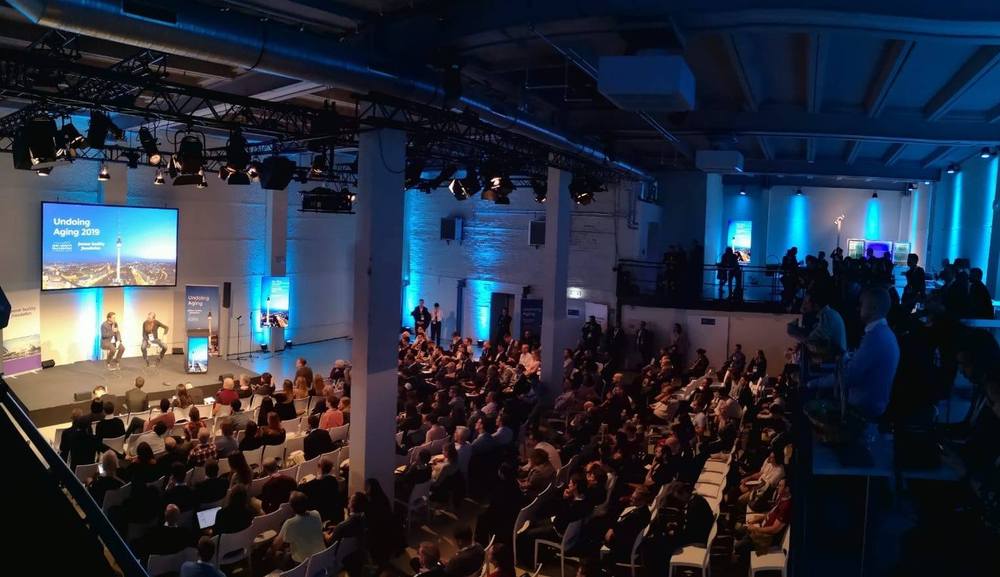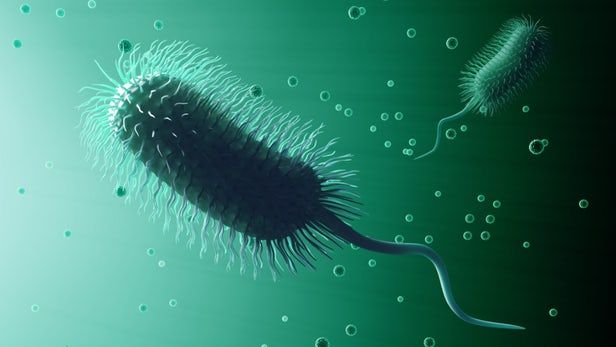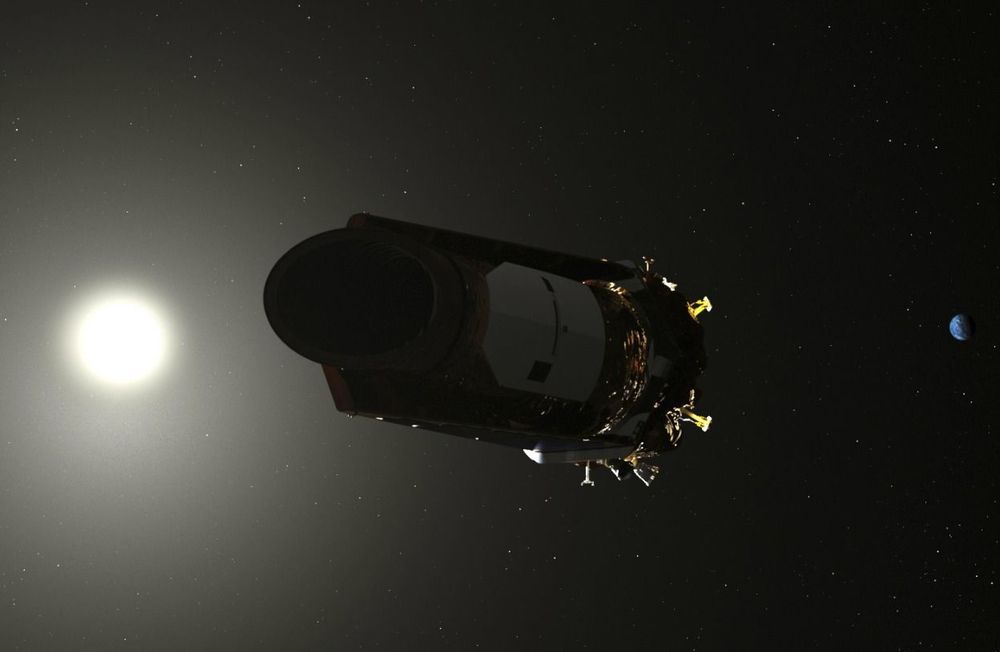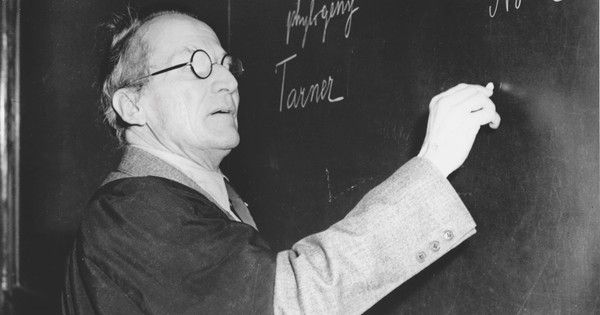India’s anti-satellite missile test created at least 400 pieces of orbital debris, the head of NASA says — placing the International Space Station (ISS) and its astronauts at risk.
NASA administrator Jim Bridenstine said Monday that just 60 pieces of debris were large enough to track. Of those, 24 went above the apogee of the ISS, the point of the space station’s orbit farthest from the Earth.
“That is a terrible, terrible thing to create an event that sends debris at an apogee that goes above the International Space Station,” Bridenstine said in a live-streamed NASA town hall meeting. “That kind of activity is not compatible with the future of human spaceflight.”
